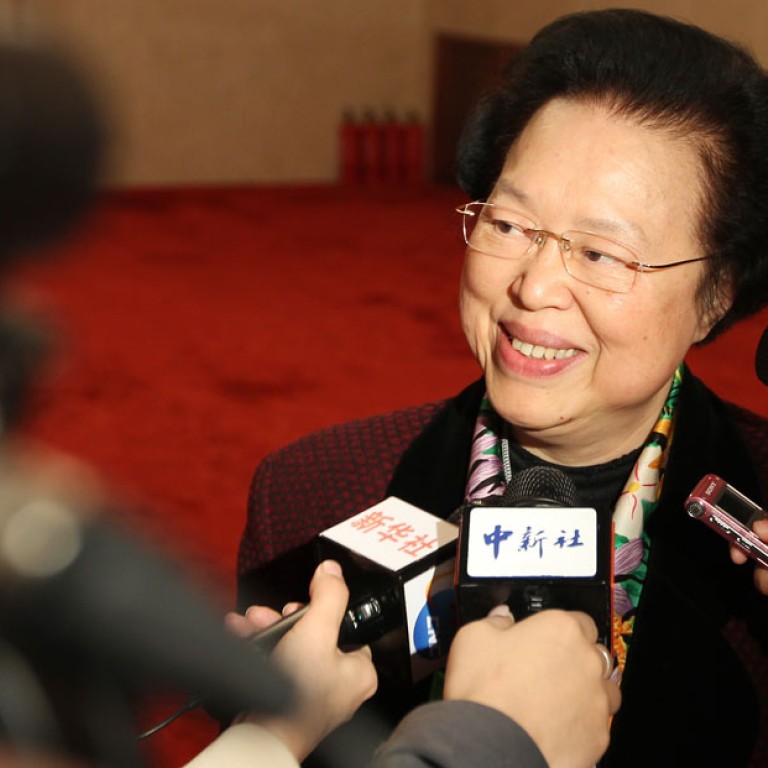
Room for more progressive poll rules for 2017, say pro-Beijing pair
Nominating committee could perhaps be made more representative, pro-Beijing pair agree
Two pro-Beijing experts on the Basic Law say there is room to make the method for electing the chief executive in 2017 more "progressive".
This comes days after Wang Guangya, a top Beijing official in charge of Hong Kong affairs, dismissed the pan-democrats' idea to allow the public to nominate candidates.
One of the two, a mainland expert speaking on condition of anonymity, said that while the electoral method must stick to the Basic Law, corporate voting in the nominating committee could perhaps be replaced with individual voting and the committee's make-up reviewed.
Basic Law Committee member Maria Tam Wai-chu addressed the issue in a radio interview. She said the people and the business sector could perhaps recommend candidates, rather than nominating hopefuls.
But their remarks drew a lukewarm reaction from pan-democrats and analysts. Democratic Party vice-chairman Richard Tsoi Yiu-cheong declined to say if his camp could negotiate on public recommendation as an alternative.
Veteran China watcher Johnny Lau Yui-siu said the remarks showed that while the central government opposed public nomination, they were worried that killing the idea could embarrass the Hong Kong government, which has just launched a five-month process to gather public opinion on political reform.
The city's governance was also on the mind of the Beijing expert. He warned the local administration's authority would be undermined if the electoral system "marches on the spot in 2017". This might also lead to another wave of emigration.
He said it would be a lose-lose situation for the central and Hong Kong governments as well as the people if universal suffrage was not attained in 2017.
To improve the electoral system, he said there was room to make the nominating committee - which will put forward chief executive candidates for "one man, one vote" - more representative.
"Whether corporate voting in some subsectors in the nominating committee should be replaced with individual votes should be open to discussion," he said.
According to a decision of the National People's Congress Standing Committee in 2007, the nominating committee would be modelled on the existing 1,193-strong Election Committee.
The election committee, which was elected by about 240,000 voters, has been criticised for being dominated by Beijing loyalists and the city's elite.
It comprises four sectors: the commercial, professional, and the political sectors; as well as a social and labour group. Each sector has about 300 members.
The expert said the public should discuss whether the number of seats should be evenly distributed among the four sectors.
"The subsectors were drawn up more than two decades ago. We must keep up with the times," he said.
The expert also described a proposal put forward by Civic Party lawmaker Ronny Tong Ka-wah in October as "rational and pragmatic". Under Tong's proposal, the election committee would be expanded from 1,200 to 1,514 by including all 431 elected district councillors.


